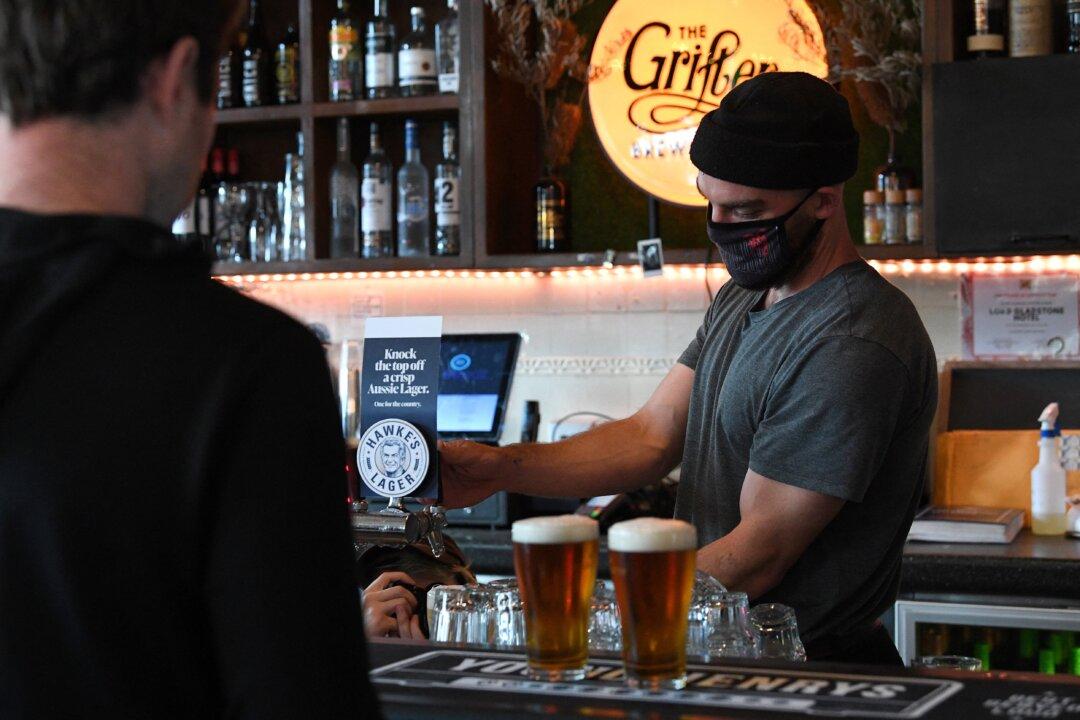Paying $20 (US$13) in tax on a slab of beer would leave a bitter taste in anyone’s mouth, let alone those who brew the amber fluid.
The federal government’s alcohol excise increases again on Aug. 5, meaning drinkers will pay $20 beer tax for a carton of full-strength and extra for a round at the pub.





